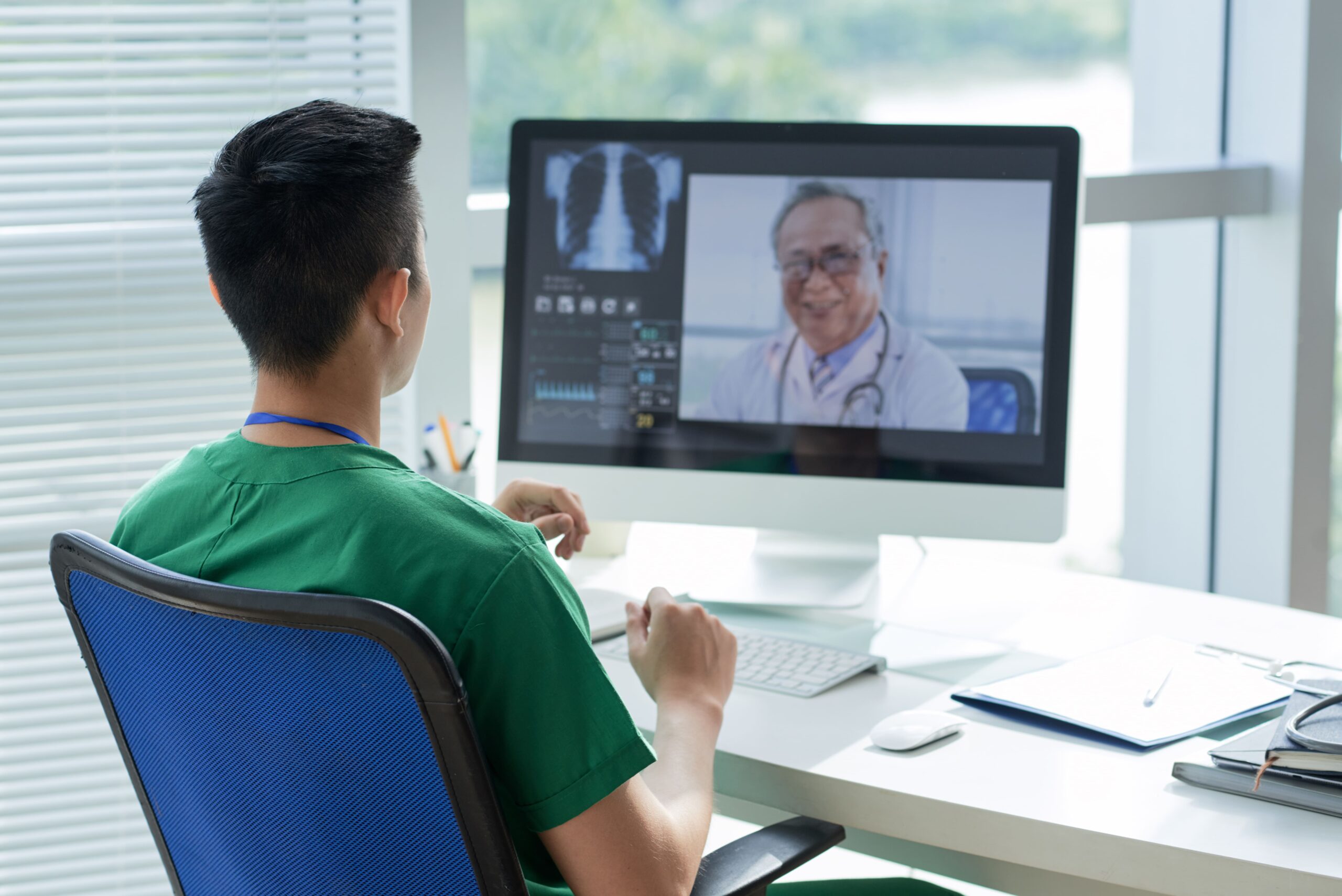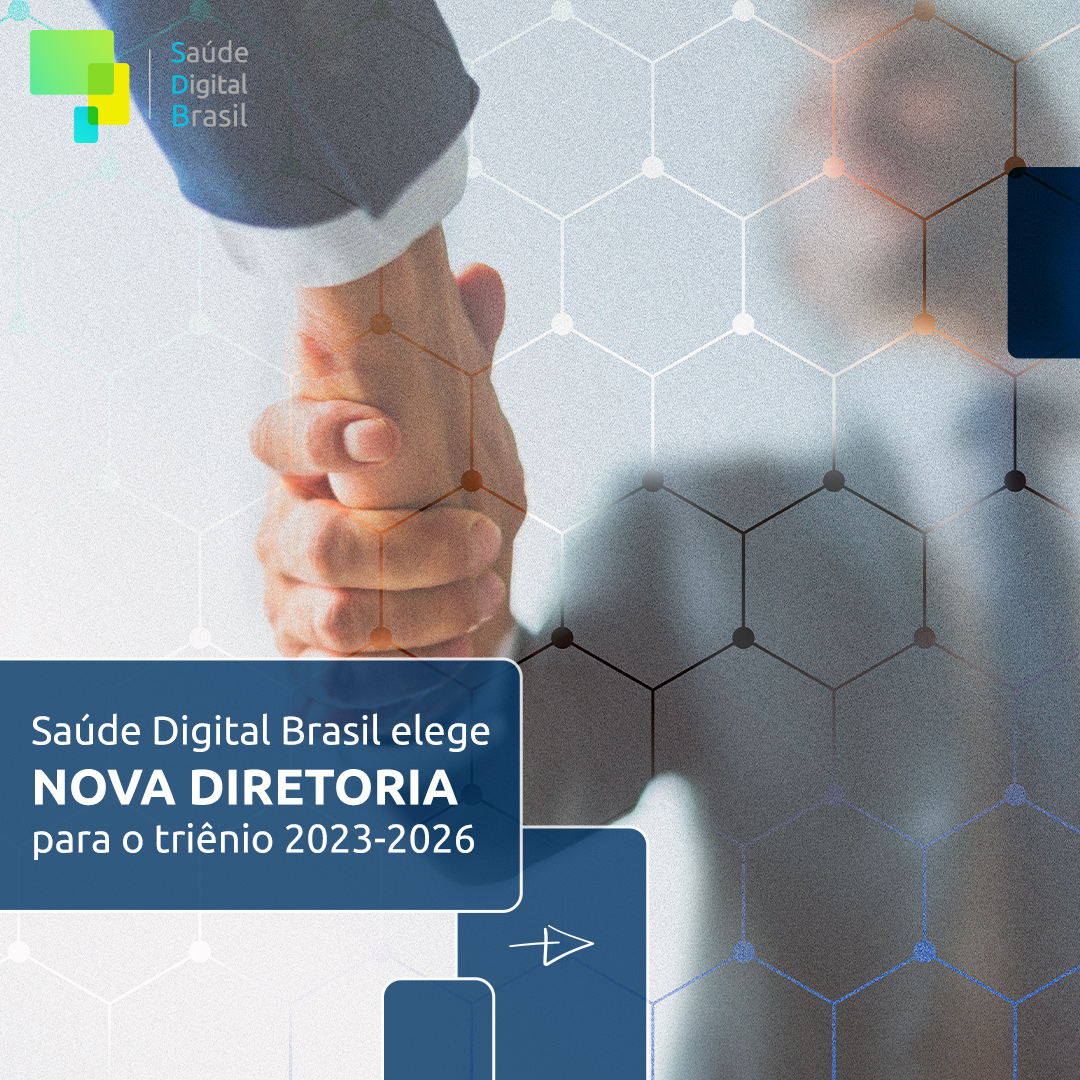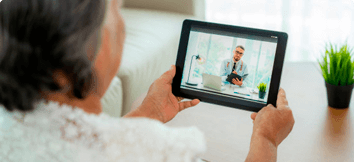The most important actor in the healthcare system is, and always will be, the patient. He or she should be at the center of care. Decisions should be made for him or her and with him or her. In theory, this is the case, according to the Code of Medical Ethics itself. But is this really being taken into consideration in the process of definitively regulating telemedicine, which is currently being discussed in the National Congress?
Before making any arguments, it is important to remember that medicine and telemedicine are not in competition with each other under any circumstances. On the contrary, they complement each other in their mission to add value to healthcare and expand the population's access to quality care. Telemedicine is simply medicine, using remote communication tools and computer science support, with the advantage of reducing physical barriers, using support solutions for better decision-making and being present at the patient's side whenever, however and wherever they need the healthcare professional to be.
However, the Federal Council of Medicine (CFM) is advocating that only follow-ups can be done via telemedicine and that so-called “first consultations” should always be in person.
As a telehealth specialist, I say that it is not the first consultation, the follow-up consultation, or any other consultation that should or should not be done via telemedicine. The doctor is the one who determines this, using the technology and scientific knowledge available, of course always with the patient's consent.
I am an obstetrician specializing in highly complex pregnancies and I receive patients from various regions of the country here in São Paulo. And, since 2012, when we began to delve deeper into the study of telemedicine at Hospital Israelita Albert Einstein, I have been conducting an online pre-consultation to determine whether the patient really needs to travel to São Paulo. I perform physical examinations remotely – the so-called teleproaedeutics – and I can request exams, such as ultrasounds, and today we have technology available to access biometric data in real time. In other words, I am perfectly capable of making decisions even when I am physically far from the patient, but brought closer by technology. And with this, I can often refer the patient to a specialist in the city where the patient lives, creating a network to continue the treatment, thus eliminating the need for the patient to come in person.
This is just one example of the advantages. Limiting the use of telemedicine, whether by determining when a consultation can take place remotely or by preventing doctors from using technological platforms to see patients from states other than their own, not only makes healthcare even more vulnerable and nullifies attempts to bring care to regions that have previously received little care, but also contradicts one of the principles that guide medical bioethics.
Autonomy, Non-Maleficence, Beneficence and Justice. These are the four bioethical principles followed in clinical practice. People have the right to decide on matters related to their body and their life. Any medical acts must be authorized by the patient.
On the other hand, it is the doctor who has the knowledge and autonomy to prescribe the best treatment and, often, together with the patient, to define what will be done. In fact, the doctor's autonomy with regard to medication issues, for example, is bravely defended by the main institutions, councils and medical associations.
We need to be clear that telemedicine is not one less door, but one more door for patients to reach the healthcare system. I believe in full telehealth and its vital role in achieving our goals and ensuring dignified, high-quality care that is also agile, efficient and rational.
The use of electronic resources can increase patient engagement, making them the greatest partners in their own health. It is up to each professional, especially the physician, to assess whether or not a remote consultation using technology is appropriate. It is this autonomy of choice that should guide the act of caring for people. Let us respect this. We, as Brazilians, cannot allow this right to choose to be usurped from us.
Dr. Eduardo Cordioli is president of Digital Health Brazil (SDB)





